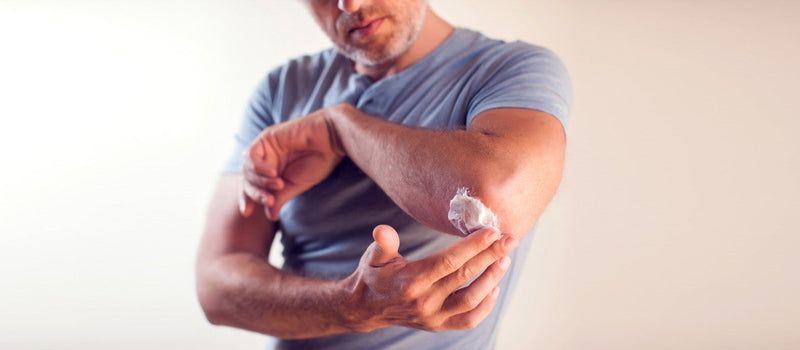

Having diabetes should not prevent you from doing things you love to do, like traveling, for example. However, being on a vacation can throw your diabetes management off track. Changes in mealtime, different foods and possibly being more active – taking up new sports or sightseeing – all can disrupt your routine. Following are tips from the CDC and John Hopkins medical about being prepared on your trip.
Before you leave home
The CDC offers several tips to prepare for your travels to avoid any medical pitfalls while you are gone. Here are key points: [1]
See your doctor: Schedule an appointment with your physician to discuss how your planned activities could affect your diabetes and if so, what should you do about them. Also talk about adjusting your insulin doses if you are traveling to one or more or more time zones. Set an alarm on your phone to remind you to take your medicine if you are crossing time zones.
Take written prescriptions: Your doctor also should provide prescriptions for your medications in case you run out or lose them while you are traveling. Get a letter from your doctor stating that you have diabetes and why you need your medical supplies in the event you need to see a medical professional while you are gone. It is a good idea to get a medical ID stating your have diabetes.
Research pharmacy locations: Research where pharmacies and clinics are located close to your hotels or other accommodations. Get medical insurance in case you need care away from home.
Carry on diabetes supplies: Take your diabetes supplies with you in a carry-on bag, including insulin, glucose tablets and snacks. Insulin could get too cold in checked baggage. Pack twice as much medicine as you think you will need. Carry medicines in the original pharmacy bottles, or ask your pharmacist to print out extra labels you can attach to plastic bags.
Wear a medical alert bracelet: If you should need medical attention, this informs other of your needs.
Get TSA notification card: Get an optional TSA notification card about your condition to expedite the screen process. And since you have diabetes, you are exempt from the 3.4-ounce rule for carry-on liquids, which impacts your medicines and packs to keep insulin cool. Since X-ray machines can damage a continuous glucose monitor or insulin pump, ask for a hand inspection. You do not have to disconnect from either of them.
Food travel tips
Relative to food, John Hopkins Medical recommends: [2]
Request special meal on plane: Before you fly, request a special meal low in sugar, fat, and cholesterol at least 48 hours in advance. Always carry some food with you in case your meal is delayed or there is a mistake in your order.
Plan your activities: It will help you work in your insulin and meals.
Keep food on hand: Bring along such foods as crackers and cheese, peanut butter, fruit, a juice box, and some form of sugar (hard candy or glucose tablets) to treat low blood glucose for the plane and while hiking and sightseeing. Do not assume you will find food wherever you are.
Be extra careful about food and water precautions: Avoid uncooked foods and tap water. Foods that upset your stomach could cause your blood glucose levels to become uncontrolled.
Other advice from these medical sources
- Do not overdo physical activity during the heat of the day. Avoid getting a sunburn and do not go barefoot, not even on the beach. High temperatures can change how your body uses insulin.[3]
- Check your feet every day, looking for signs of blisters, cuts, redness, swelling, and scratches. Seek medical care if you experience any signs of infection or inflammation. [4]
These tips can help you enjoy your vacation with less worry. Still talk to your medical team before leaving to ensure you have covered everything you need and discuss potential issues that may arise while you are gone.
[1] “21 Tips for Travelling with Diabetes,” Centers for Disease Control and Prevention,” Accessed February 2, 2023. https://www.cdc.gov/diabetes/library/features/traveling-with-diabetes.html
[2] “Traveling with Diabetes,” John Hopkins Medical, Accessed February 3, 2023. https://www.hopkinsmedicine.org/health/conditions-and-diseases/diabetes/traveling-with-diabetes
[3] “21 Tips for Travelling with Diabetes,” Centers for Disease Control and Prevention,”
[4] “Traveling with Diabetes,” John Hopkins Medical








